Afrobeats: A Genre or a Collective?
One of the most contentious topics in African music today is about Afrobeats where the question has been posed, Is Afrobeats a distinct musical genre, or is it better understood as a collective of African sounds?
Many agree that Afrobeats has always been defined by its fusion of various African musical styles, most notably Highlife, with modern elements like synthesizers, drum machines, and 808s. Highlife, a genre deeply rooted in West African culture, plays a foundational role in shaping the Afrobeats sound. However, it has been noted that Highlife itself draws on traditional African rhythms and instruments. The fusion of these traditional elements with contemporary global influences, such as R&B,Hip-Hop, and Electronic music, has given Afrobeats a unique identity.
Yet, this very fusion raises questions about whether Afrobeats can be neatly categorized as a genre in the same way that Rock, Jazz, or Reggae can. Some have argued that while Afrobeats has a recognizable sound, its broad spectrum of influences makes it difficult to pin down. This is especially true when considering how different artistes approach the music, mixing in elements from genres like Fuji, Amapiano, Dancehall, and even Gospel. As a result, some felt that Afrobeats functions more as an umbrella term, encompassing various African musical traditions and contemporary sounds rather than being a genre with a strict set of musical rules.
From this perspective, Afrobeats is not defined by a single rhythm or structure but by its openness to blending and evolving. This makes it a cultural movement, reflecting Africa’s modern identity and its ability to adapt and incorporate global trends without losing its essence. The sound itself becomes a representation of African innovation in the digital age, creating a platform for artistes to experiment and blend their influences without being confined by the expectations of a traditional genre.
Others insist that for Afrobeats to gain further recognition and legitimacy on the global stage, it needs to be understood and treated as a genre. It is believed that without a clear definition, it becomes difficult for artistes, scholars, and industry professionals to discuss the music in a structured way, and Afrobeats risks losing its identity through over-expansion. A genre is defined not only by its musical characteristics but also by its cultural impact, shared history, and the communities that form around it. In this sense, Afrobeats has already laid the groundwork to be seen as a genre, with its own pioneers, signature sounds, and cultural significance.
However, this tension between those who view Afrobeats as a genre and those who see it as a broader movement highlights the challenges faced in the world of African music scholarship. The debate raises fundamental questions about how music is categorized and who has the authority to define it. As Afrobeats continues to evolve and influence music worldwide, these questions may remain unresolved, but one thing is clear: Afrobeats has established itself as a powerful force in global music, whether it’s seen as a genre or a collective.
Ultimately, Afrobeats is both rooted in tradition and constantly evolving. Its power lies in its ability to bridge the old and the new, the local and the global. Whether defined as a genre or a collective, it represents the future of African music on the world stage, with endless possibilities for growth and redefinition.
Sign up for the 3Music Newsletter for breaking news, events, and unique stories.
MORE FROM
music
-
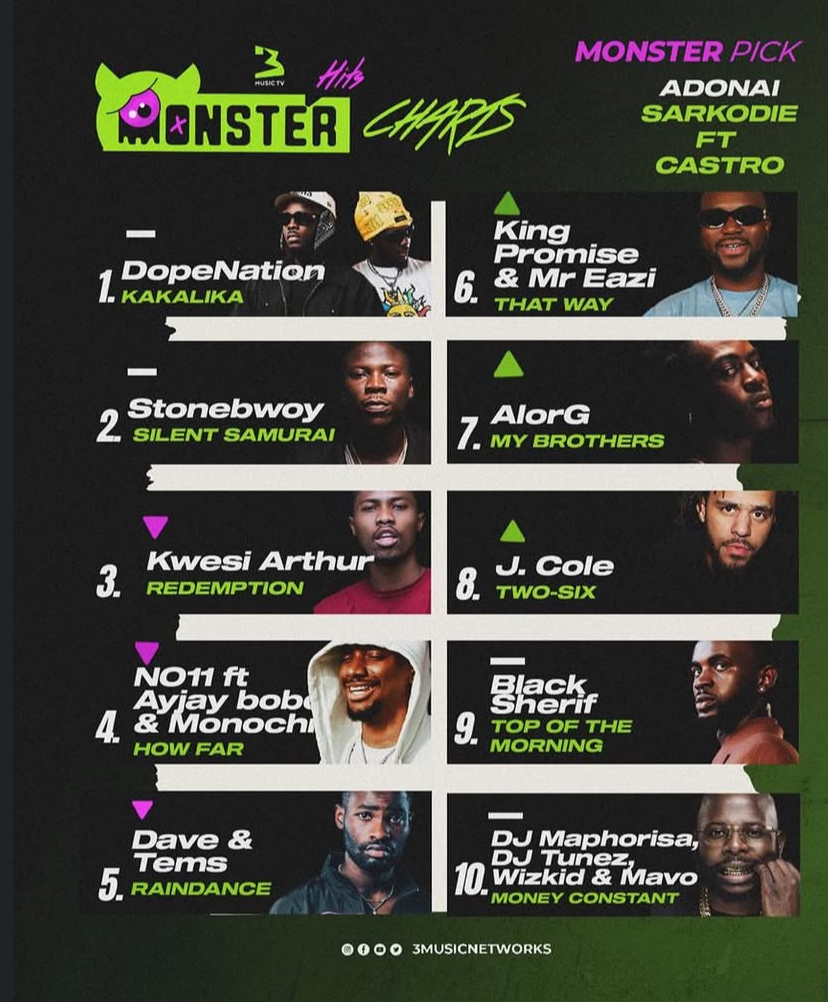
music entertainment culture
3Music TV Unveils Latest Monster Hit Chart
By Christabel Newman
February 26th, 2026
-
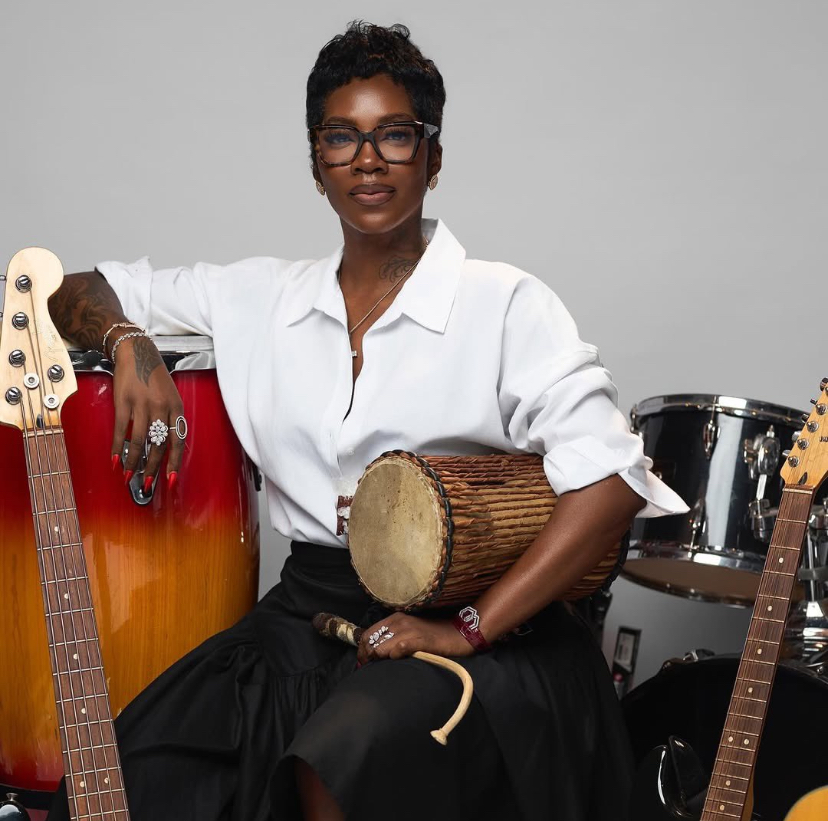
music entertainment culture
Tiwa Savage Launches Tiwa Savage Music Foundation
By Christabel Newman
February 26th, 2026
-
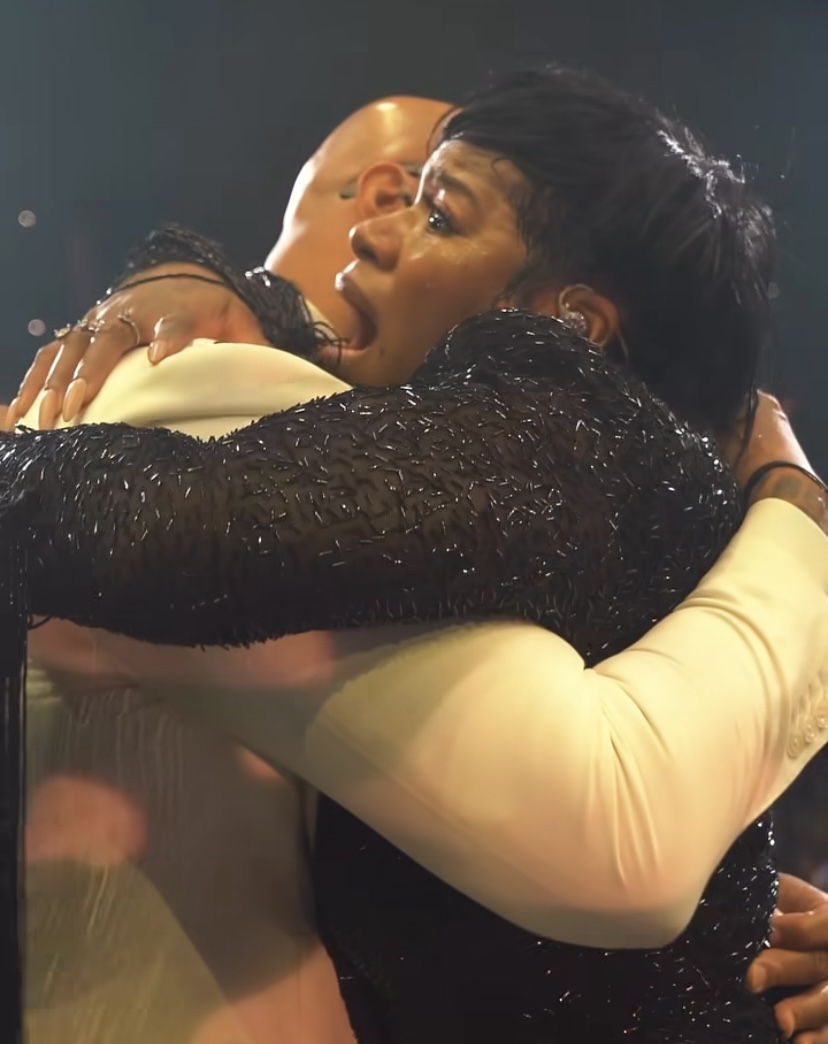
music entertainment fashion & lifestyle culture
Fantasia’s Re-Proposal Sparks Marriage, Timing And “Loud VS. Private” Debate
By Christabel Newman
February 26th, 2026
-
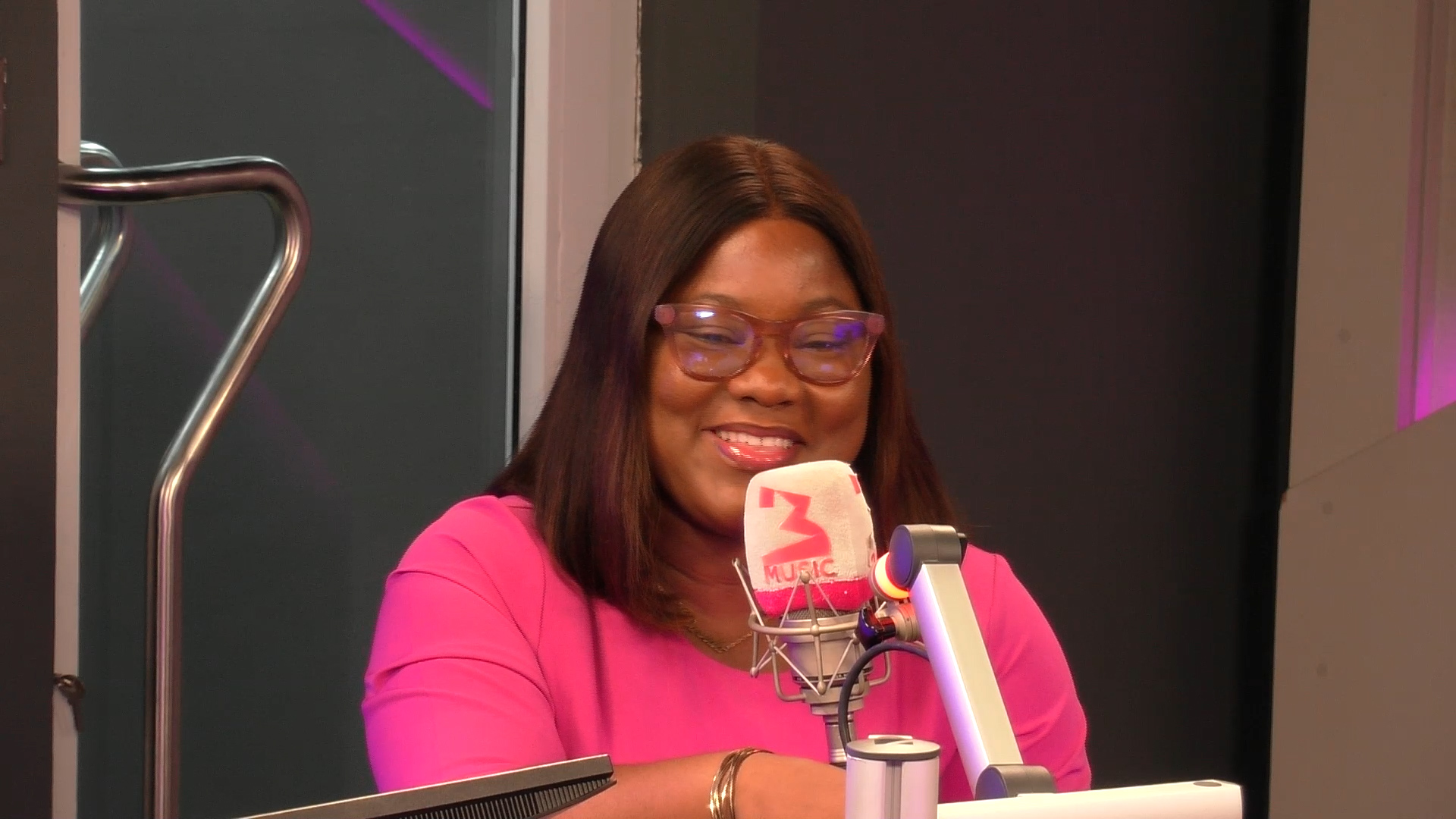
fashion & lifestyle culture
Grey Assets Apartments Redefines Luxury Living In Spintex
By Christabel Newman
February 26th, 2026
-
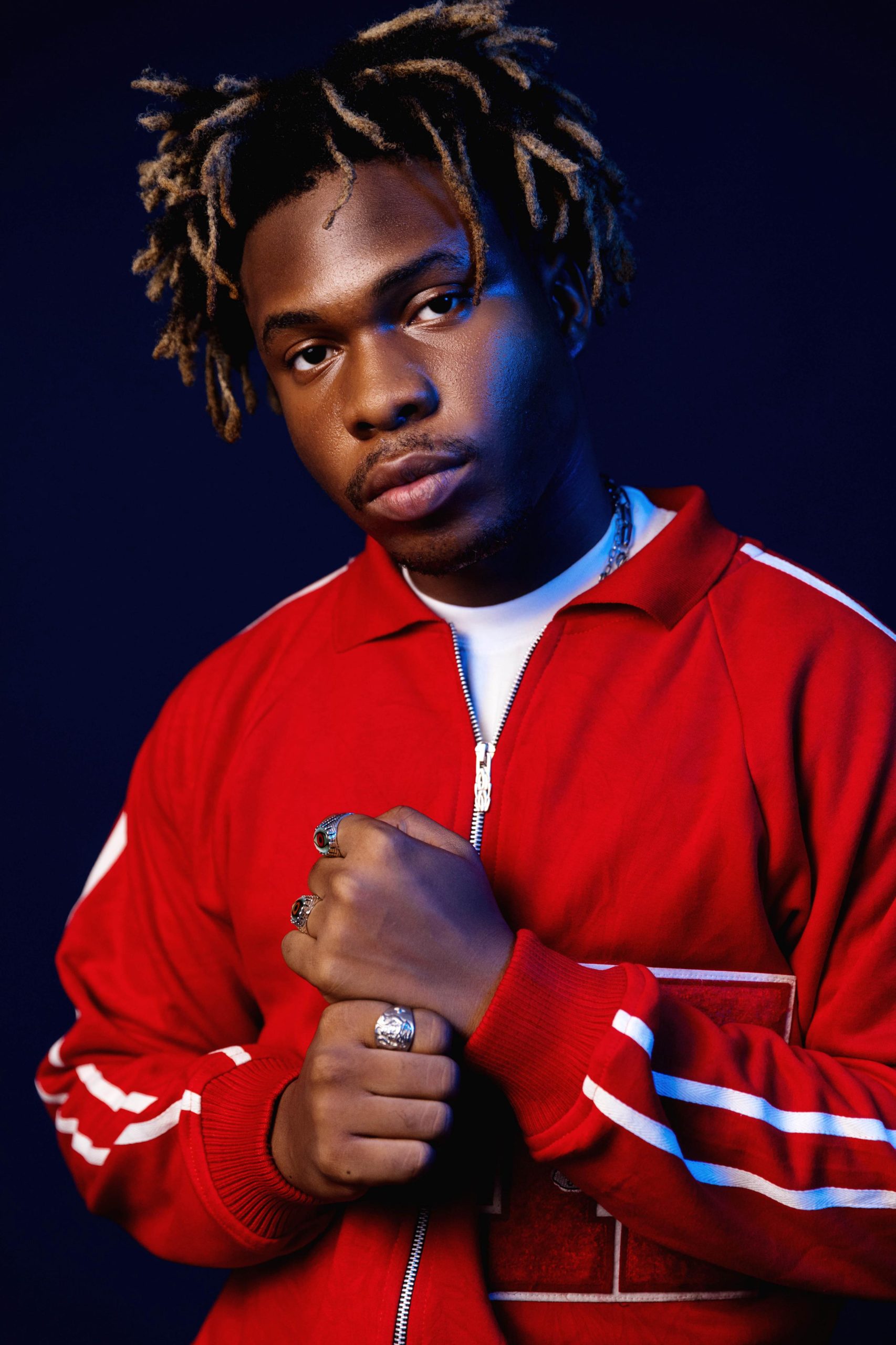
music entertainment
Kemuel Returns To Ghana With Soul, Strategy And A Global Vision
By Christabel Newman
February 26th, 2026
More From 3Music News
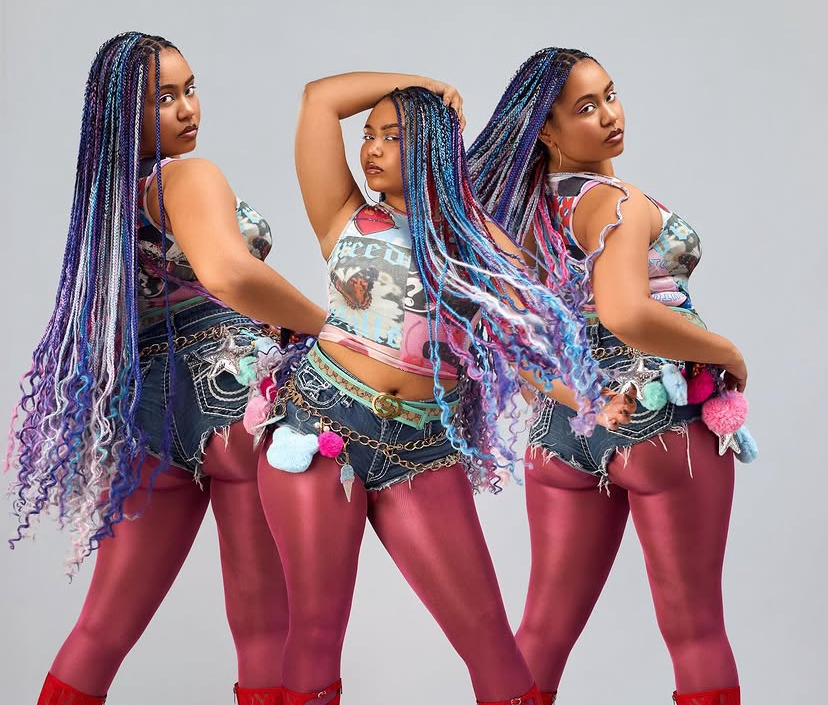
music | entertainment | culture | BY Christabel Newman | February 26th, 2026
Moliy Teases New Music PARTY GYAL
Moliy rose to global recognition with breakout releases and genre-blending collaborations that draw from Afrobeats, Alté and Dancehall influences…
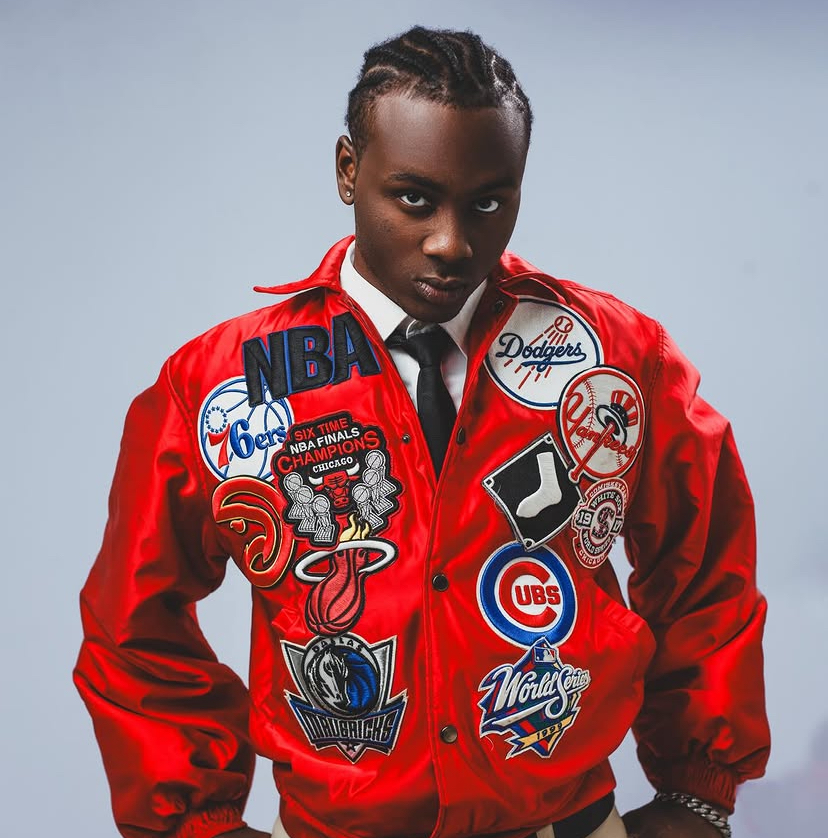
music | entertainment | culture | BY Christabel Newman | February 26th, 2026
Larruso Set For Debut Headline Concert
Accra-based dancehall and reggae sensation Larruso is preparing to hit a major career milestone with his first-ever headline concert, THE RRUSO PARADE…
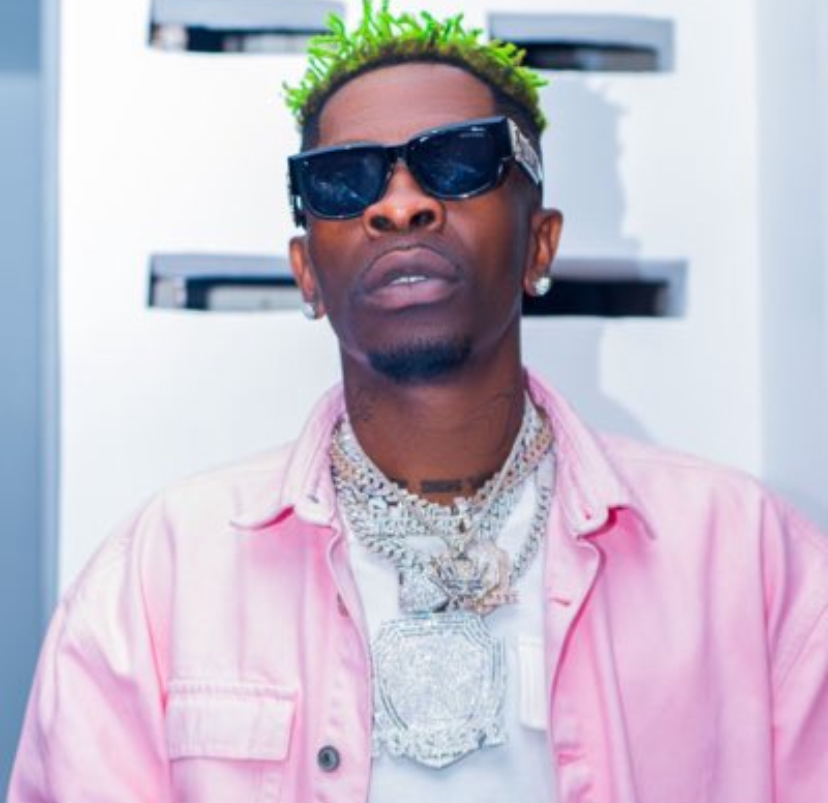
music | entertainment | culture | BY Christabel Newman | February 26th, 2026
Shatta Wale Earns Three Nods At The 43rd International Reggae & World Music Awards
The nominations were unveiled during the official 2026 awards announcement in Kingston, Jamaica, ahead of the ceremony scheduled for May 17…
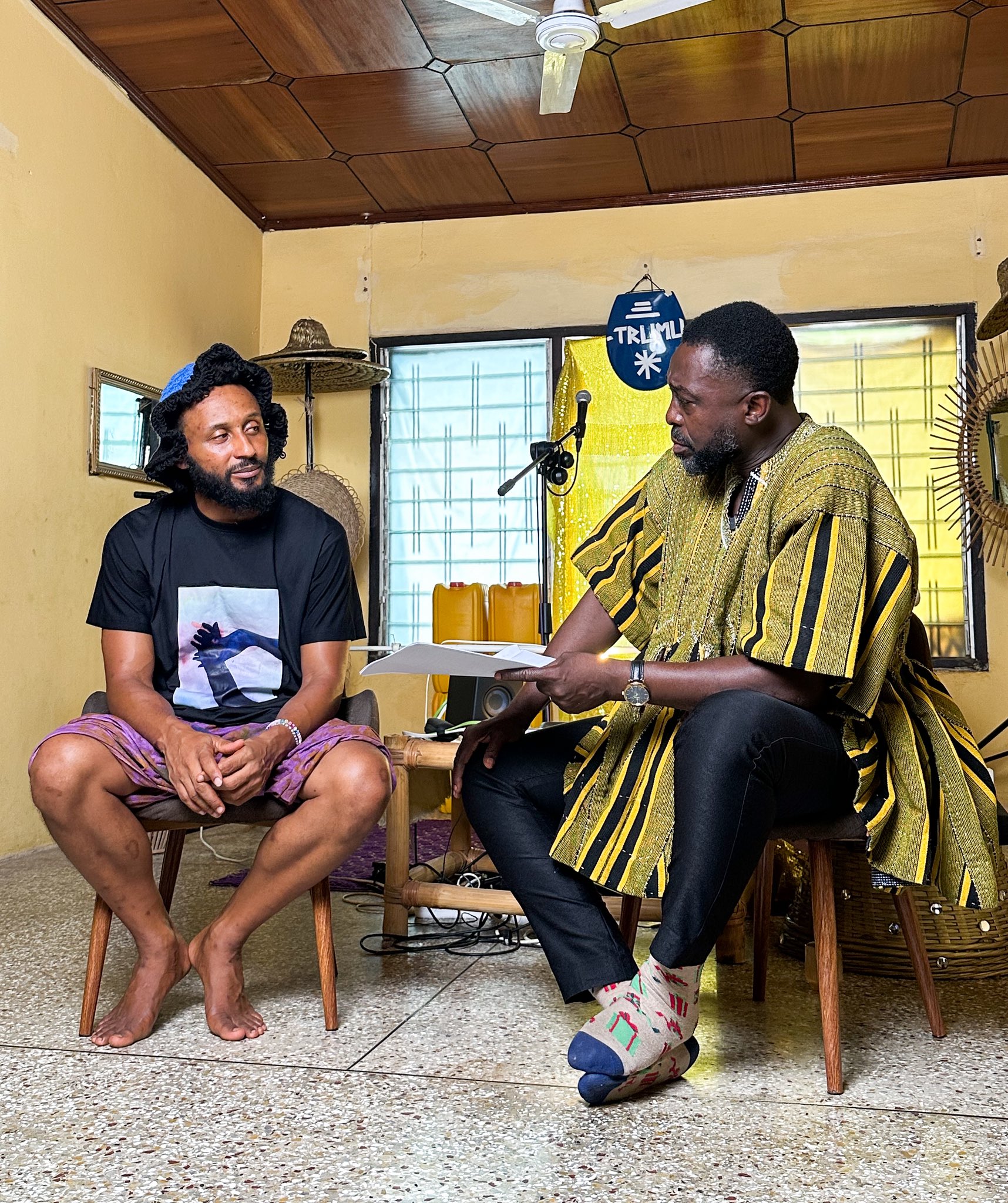
entertainment | fashion & lifestyle | culture | BY Walter Sena | February 26th, 2026
“Teachers Were More Interested in Power Than Knowledge’ – Wanlov Kubolor
Renowned musician and social activist Wanlov Kubolor has opened up about his experiences at Adisadel College, highlighting what he describes as a troubling culture in Ghanaian schools. In a recent interview with broadcaster Kafui Dey, Wanlov stated
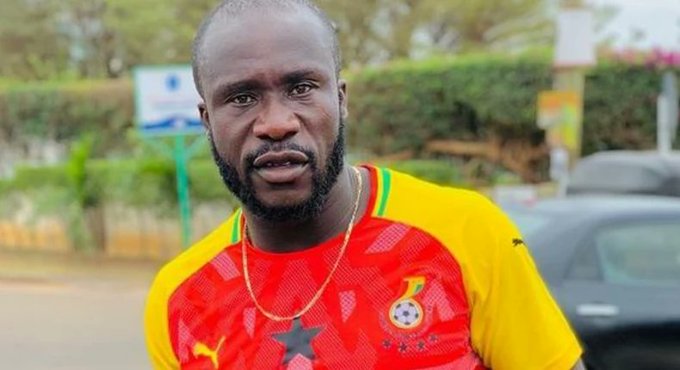
music | entertainment | culture | BY Walter Sena | February 26th, 2026
“Hearing This from President Mahama Encouraged Me to Keep Going” – Dr Likee
Popular Ghanaian comic actor Ebenezer Akwasi Antwi, widely recognized by his stage name Dr Likee, has opened up about a life-changing encounter that persuaded him to continue his career in entertainment.
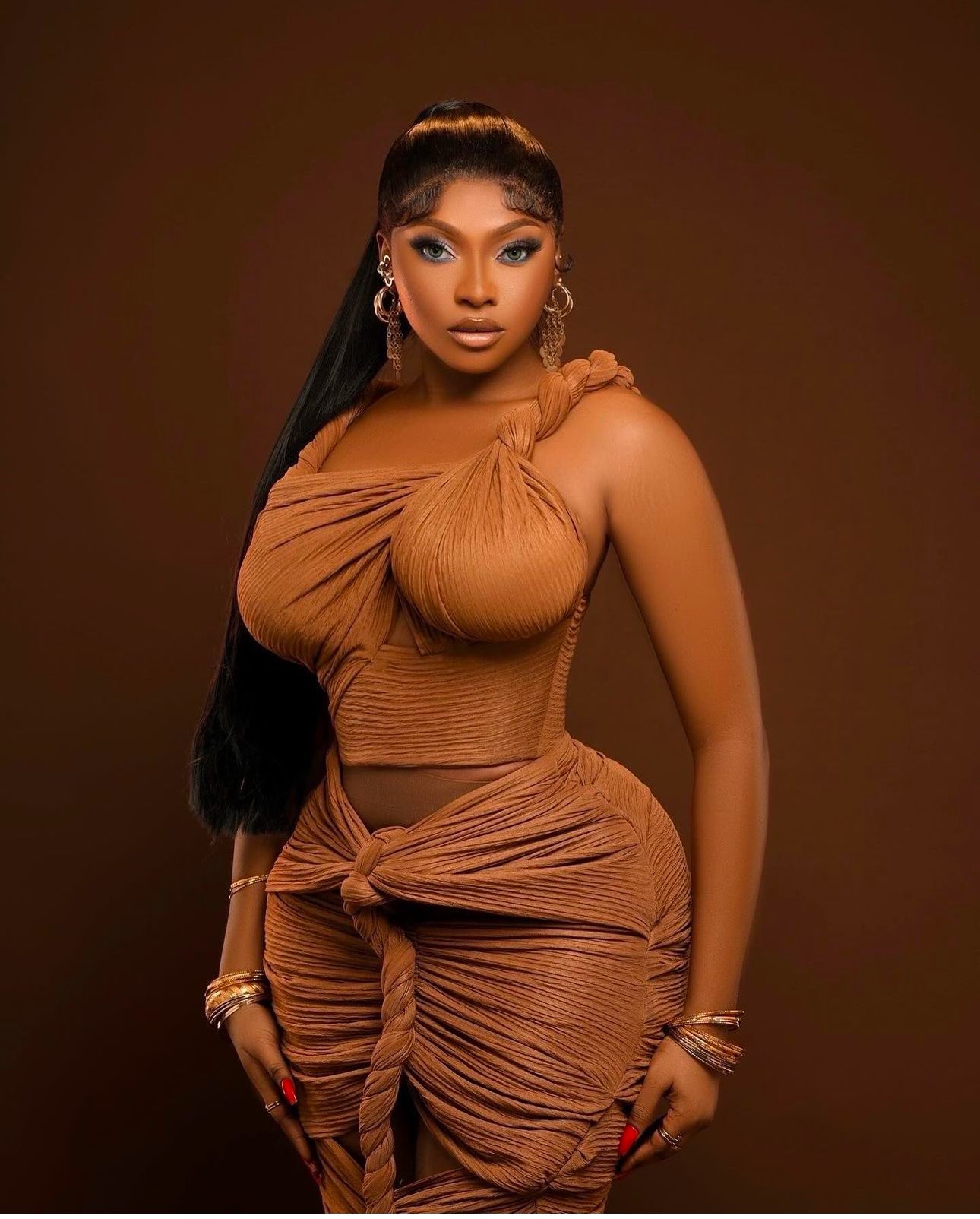
music | entertainment | culture | BY Walter Sena | February 26th, 2026
I was broken when a Twitter user called me 'beauty but brainless' - Sefa
Ghanaian Afrobeats and Afropop singer, Sefa, has revealed how a hurtful comment on social media once left her feeling emotionally shattered.
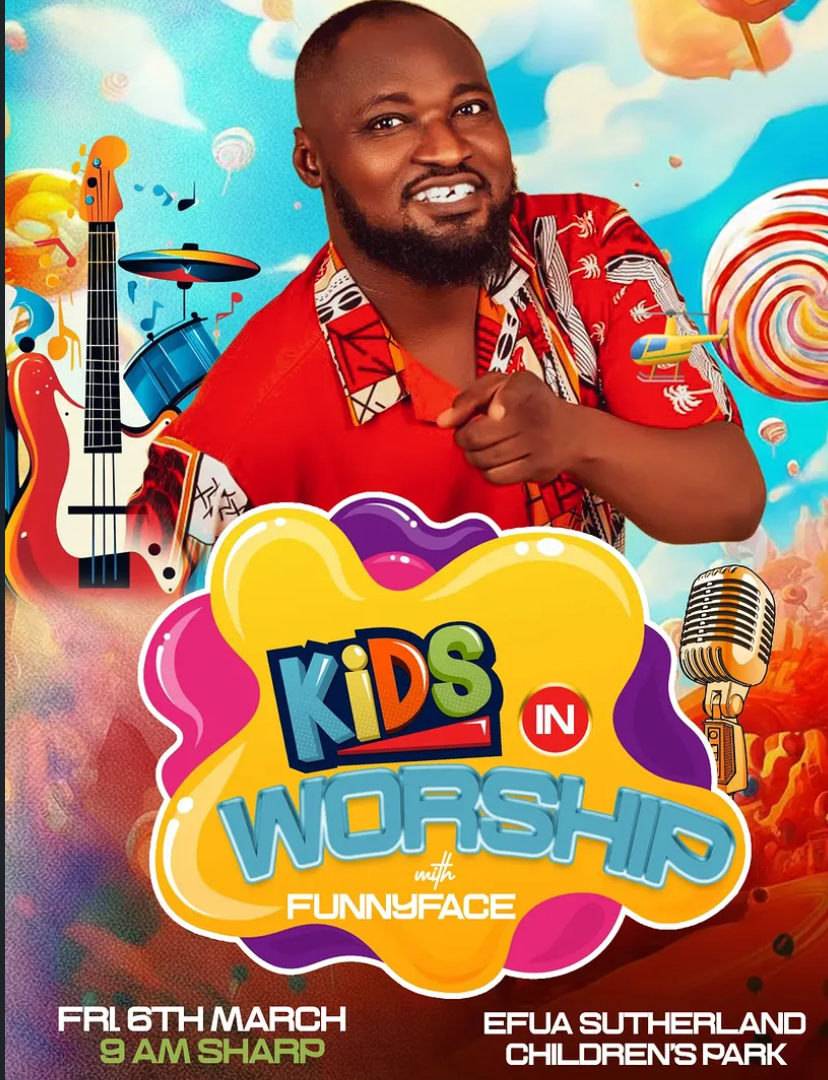
music | entertainment | culture | BY Christabel Newman | February 25th, 2026
Funny Face Worships With The Kids
Over the years, Funny Face has cultivated a loyal fan base among children through his humor, television presence and consistent involvement in youth-centered activities...
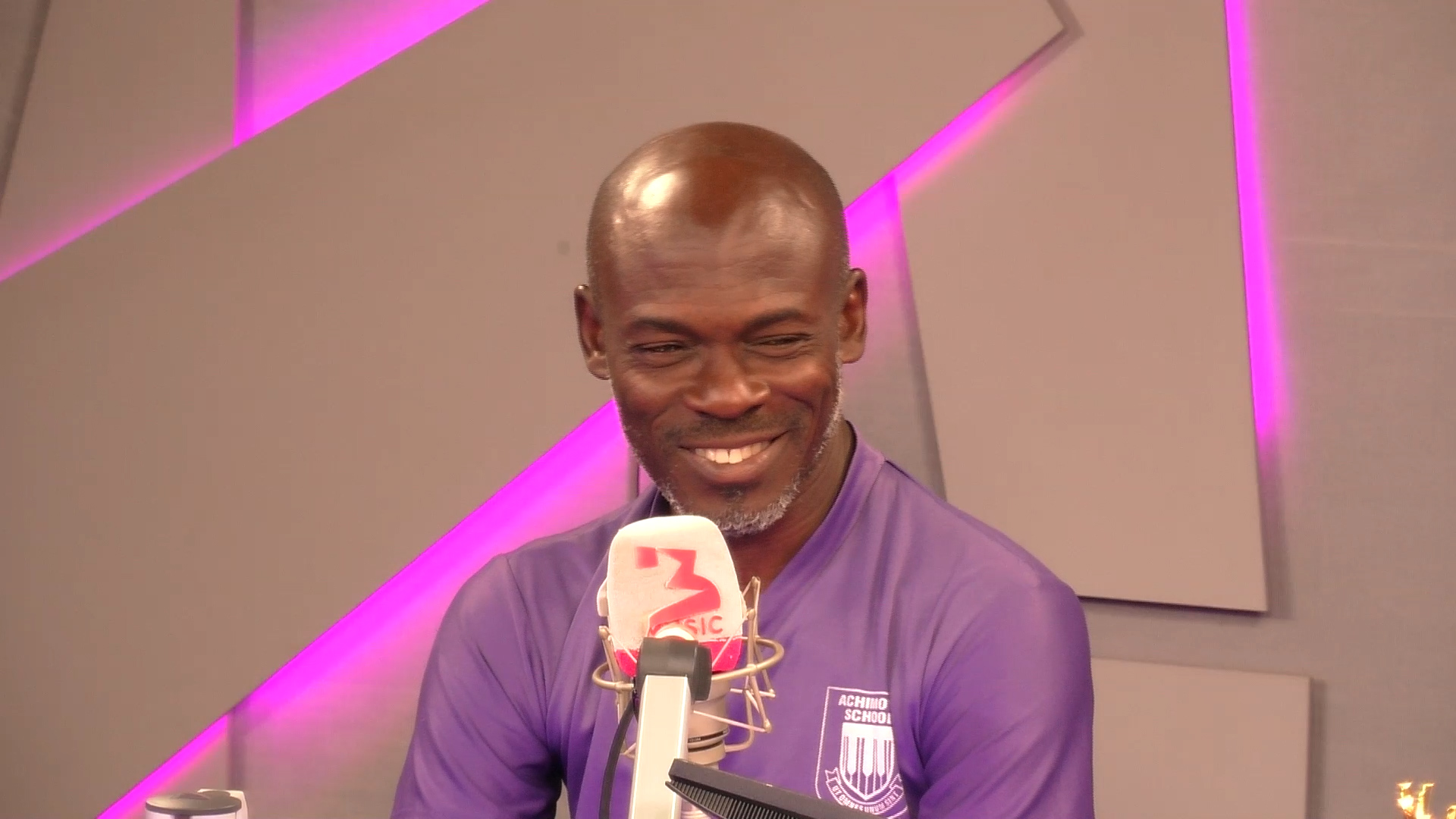
entertainment | sports | culture | BY Christabel Newman | February 25th, 2026
Mr Asamoah’s Mission To Transform Lives Through Cricket
Cricket, Mr Asamoah noted, is far from a new sport in Ghana. According to him, it was first played in the country in 1904. Yet, despite its long history, it remains largely overlooked...
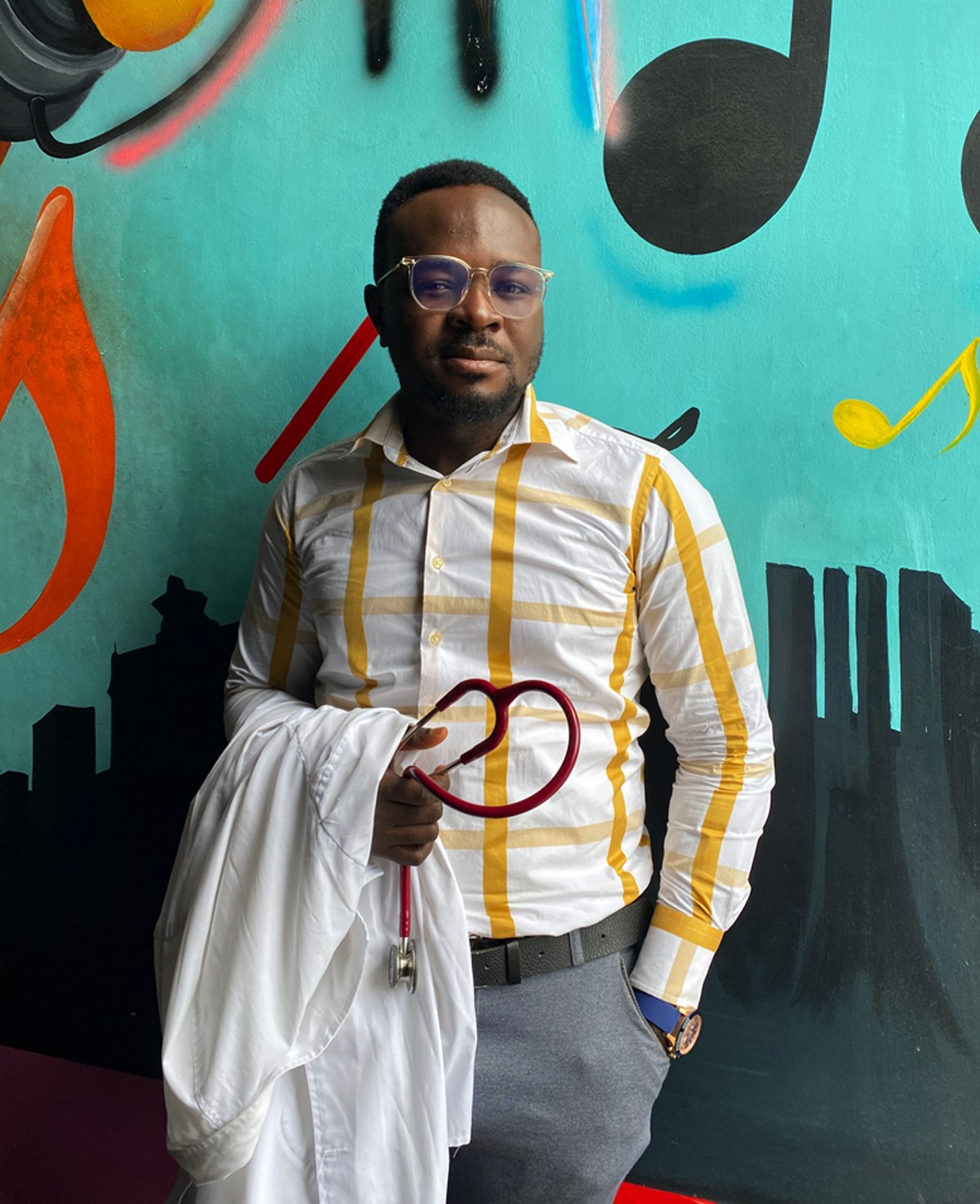
entertainment | fashion & lifestyle | culture | BY Christabel Newman | February 24th, 2026
Dr Chris Aminarh Discusses The Importance Of Routine Health Screenings
In a discussion with Dr Chris Aminarh, the Culture Squad explored a simple but critical question: what exactly should we be checking in our bodies and when?
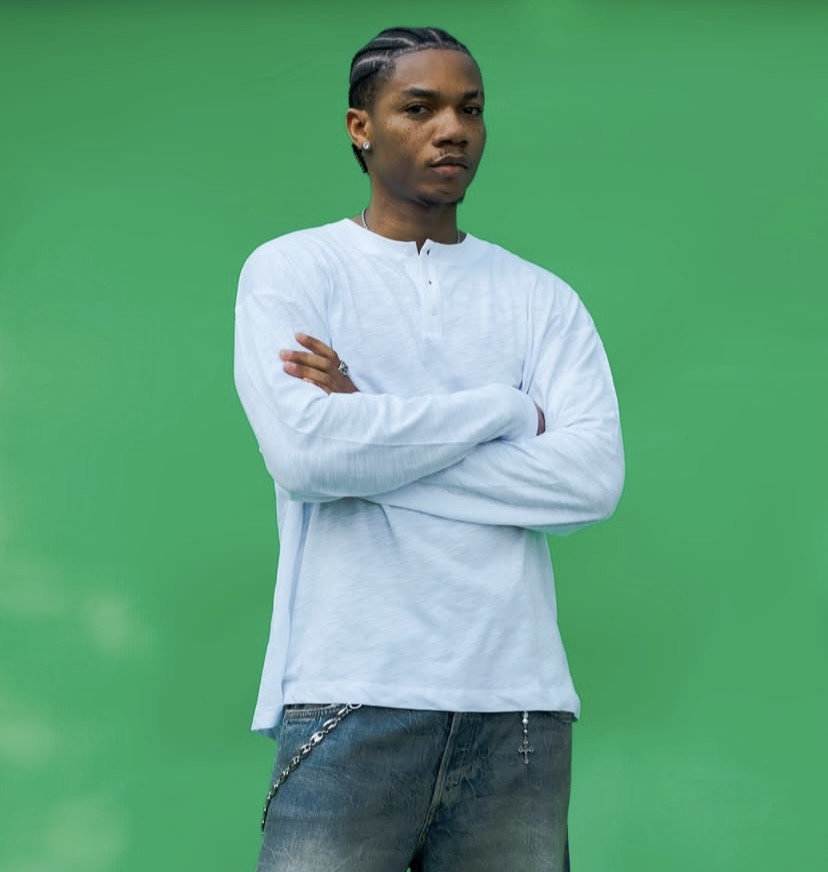
music | entertainment | culture | BY Christabel Newman | February 24th, 2026
KiDi Announces BABYLON With Striking Visual Tease
Ghanaian music star, KiDi, has officially announced a new project titled BABYLON, scheduled for release on February 26, 2026...
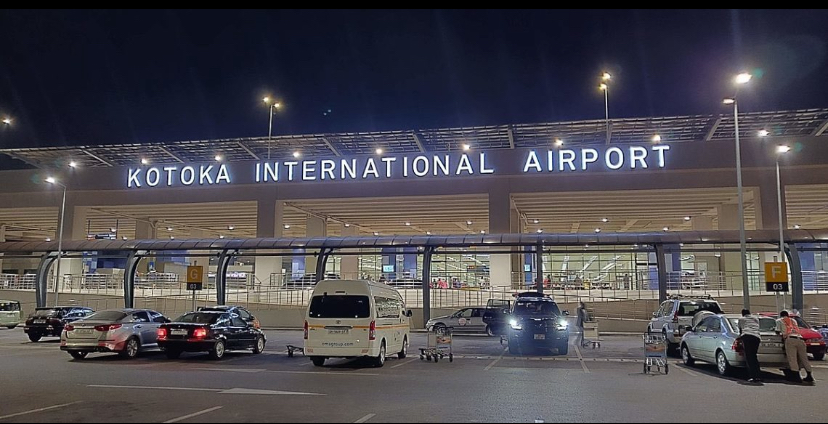
culture | BY Christabel Newman | February 24th, 2026
Government Restores Kotoka International Airport To Its Original Name
The Government of Ghana has officially renamed Kotoka International Airport to Accra International Airport, marking a significant shift in the identity of the country’s main aviation hub...
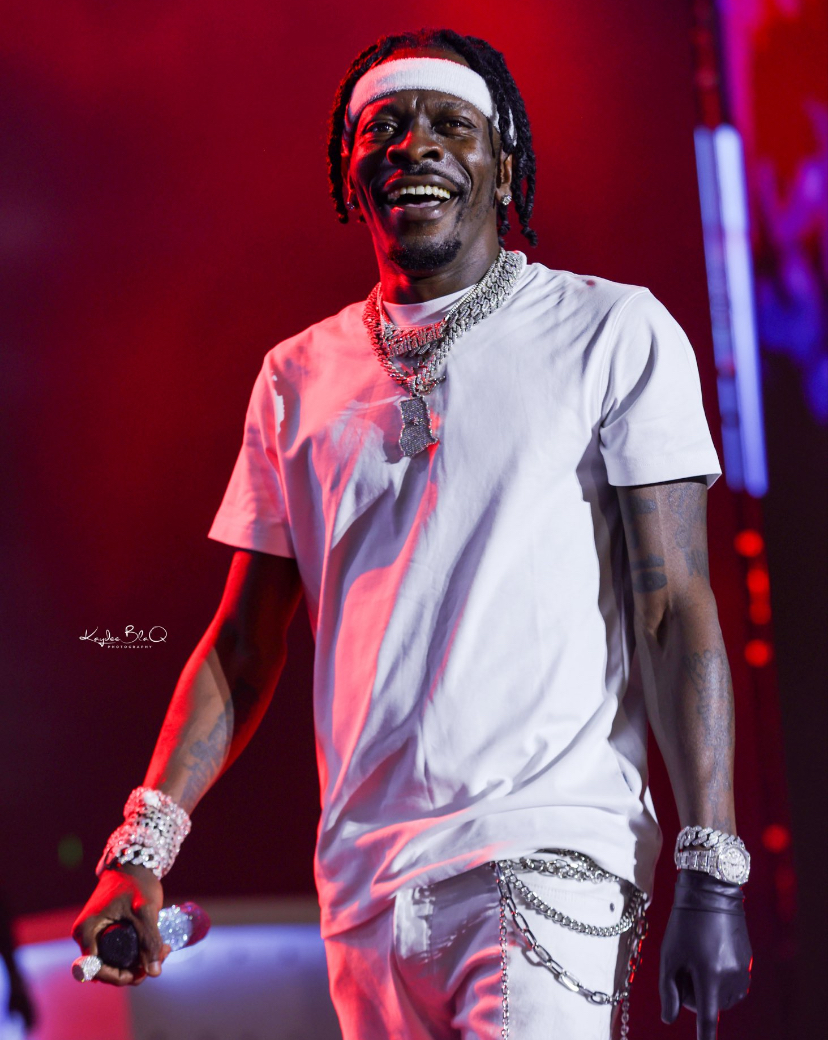
music | entertainment | BY Christabel Newman | February 24th, 2026
Shatta Wale Enters A New INTERFACE
Ghanaian dancehall heavyweight, Shatta Wale, has officially released his latest extended play (EP), THE INTERFACE, adding yet another project to his ever-expanding catalogue…
More Similar Videos
music,entertainment | Lerny Lomotey | October 27th, 2025
Showboy Shares His Journey From Prison To Becoming Ghana's Biggest Trapper
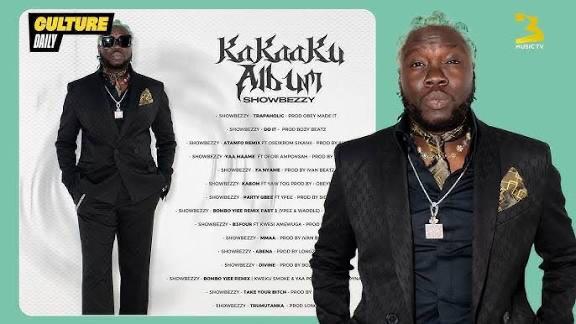
Comments